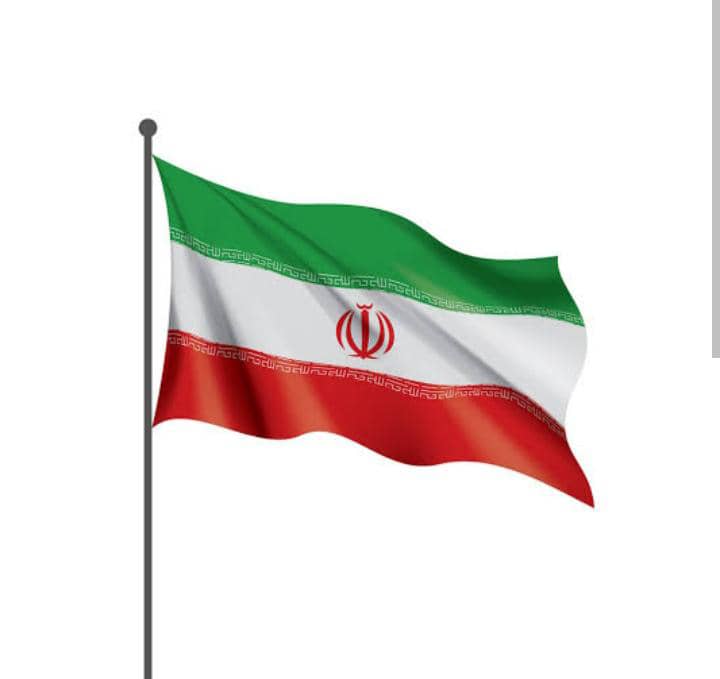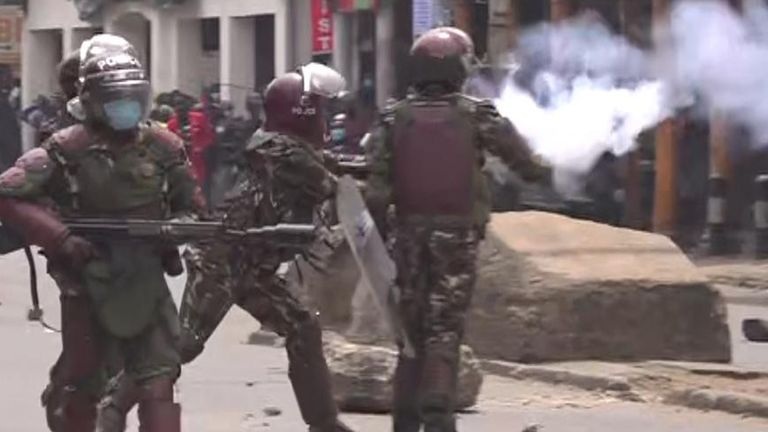Featured
Iran executes man accused of spying for Israel
DDM News

Iran has executed a man accused of spying for Israel’s Mossad intelligence agency, marking the latest in a string of crackdowns on alleged foreign operatives inside the Islamic Republic.
According to Diaspora Digital Media (DDM), the executed man, Esmail Fekri, was hanged early Monday, June 16, following his conviction on charges of espionage. Iranian media outlets, including Fars News Agency and the Iranian Student News Agency (ISNA), reported that Fekri had been arrested in December 2024.
Officials claimed that Fekri maintained contact with two alleged Mossad operatives and provided them with sensitive information, though specific details of the intelligence were not made public.
Authorities asserted that the information shared was detrimental to Iran’s national security, adding that Fekri’s trial and execution were part of a broader campaign to dismantle suspected Israeli espionage networks operating within Iran.
This incident marks the third execution in recent weeks tied to alleged Mossad activity, reflecting Tehran’s growing urgency to eliminate what it deems as infiltration and sabotage threats linked to foreign intelligence services.
Iranian security forces have increasingly accused Mossad of being responsible for various covert attacks within the country, including targeted assassinations, cyberattacks, and acts of sabotage aimed at nuclear and military installations.
The execution of Fekri coincides with further arrests reportedly connected to Israeli intelligence efforts. On the same day, Iran’s Tasnim News Agency reported the arrest of two individuals in Fashafoyeh, Rey County. The suspects were allegedly found in possession of drones, explosive materials, and launchers, raising fears of planned sabotage operations.
Iranian authorities described the seizure as a serious security threat and suggested that the suspects were preparing for coordinated attacks.
Just one day prior, another pair of alleged Mossad agents were detained in Alborz Province. The two were reportedly caught while assembling explosives and electronic equipment, which authorities believe were intended for subversive operations.
Tehran has repeatedly blamed Israel for clandestine activity on Iranian soil, often accusing the Jewish state of orchestrating assassinations of key figures, including nuclear scientists and military leaders.
Although Israel has a policy of ambiguity regarding such accusations, international intelligence experts and Western governments have long acknowledged the Mossad’s covert operations against Iran’s nuclear ambitions.
The rivalry between Iran and Israel remains one of the Middle East’s most volatile fault lines. Israel has consistently opposed Iran’s nuclear program, claiming it poses an existential threat. Iran, in turn, accuses Israel and its allies of conducting an aggressive campaign of espionage and sabotage.
Security experts say the recent executions and arrests underscore a deepening intelligence war between the two regional foes, especially as Iran accelerates its nuclear capabilities amid faltering diplomatic negotiations.
Human rights organizations, however, have raised concerns over the fairness of espionage trials in Iran. They argue that the accused are often denied legal representation, tried in secret, and executed without transparent judicial processes.
While Iranian officials insist that the judiciary follows due process in espionage cases, critics contend that many confessions are obtained under duress and that convictions are frequently based on circumstantial evidence or coerced testimony.
The international community has yet to officially respond to Fekri’s execution. Nonetheless, it is expected that human rights groups and some Western nations may issue condemnations, especially in light of Iran’s history of controversial executions.
Iran continues to be one of the world’s leading practitioners of capital punishment. According to rights groups like Amnesty International, Iran carried out hundreds of executions in 2024, many of them involving political prisoners, protesters, or alleged spies.
The Iranian government defends its use of capital punishment, asserting that it is necessary for maintaining national security and deterring threats, particularly those involving foreign interference.
Analysts believe that Tehran’s recent crackdown on alleged Mossad-linked operatives may also serve as a domestic message of strength, aiming to reassure the Iranian public and warn external enemies that espionage and subversion will be met with severe consequences.
As geopolitical tensions in the region continue to simmer, the battle for intelligence supremacy between Iran and Israel is likely to escalate further, with espionage, cyberwarfare, and proxy conflicts serving as the primary battlegrounds.
For Diaspora Digital Media Updates click on Whatsapp, or Telegram. For eyewitness accounts/ reports/ articles, write to: citizenreports@diasporadigitalmedia.com. Follow us on X (Fomerly Twitter) or Facebook












